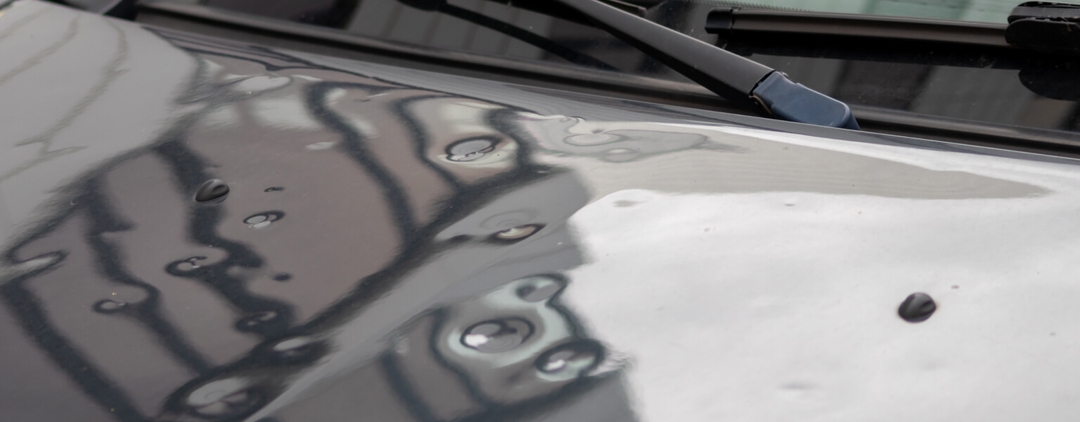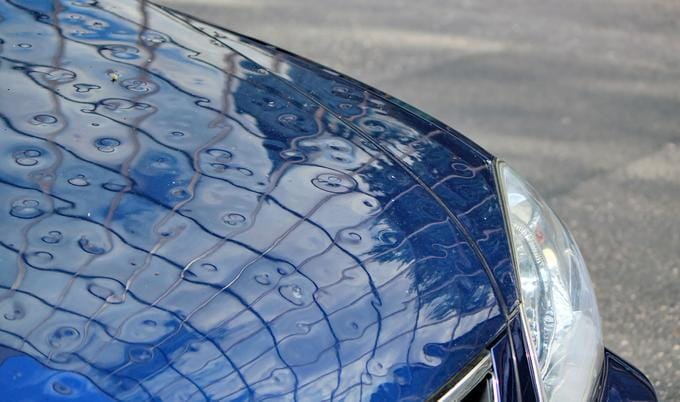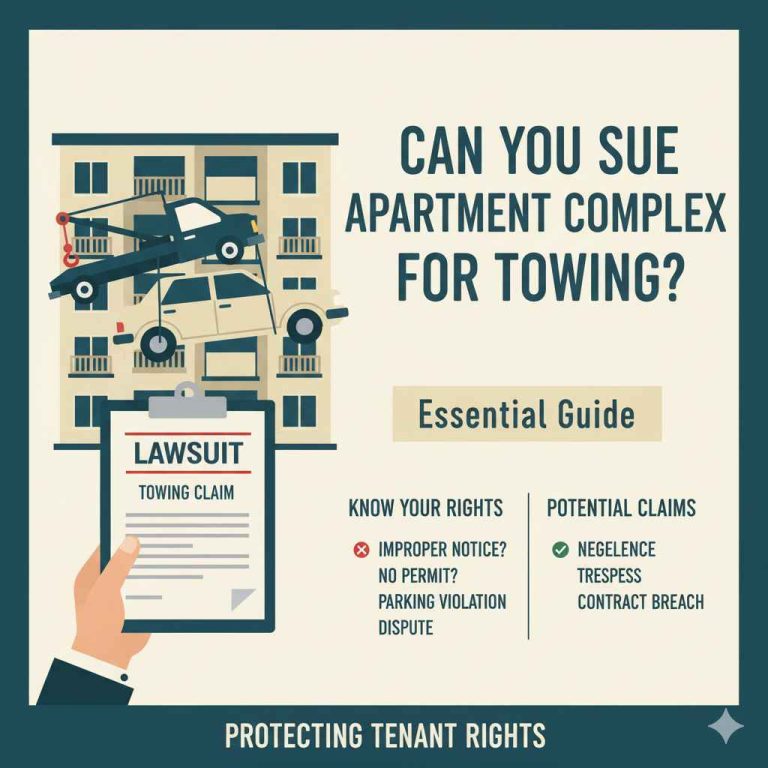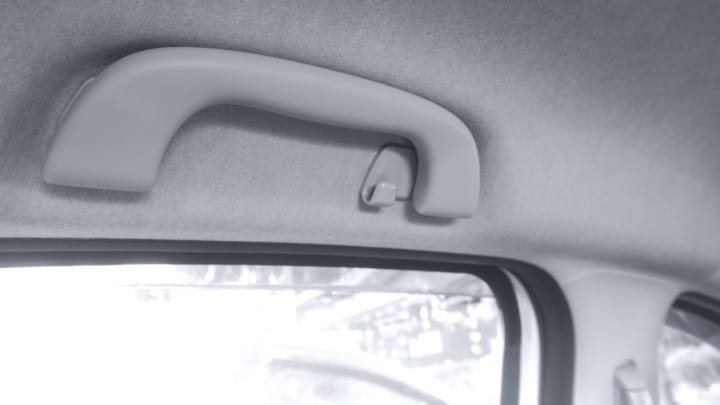Does Car Insurance Cover Weather Damage: Unveiled Truths
Car insurance is an essential aspect of being a responsible vehicle owner. It provides financial protection against physical damage and/or bodily injury resulting from traffic collisions and against liability that could also arise from incidents in a vehicle. However, does car insurance cover weather damage? Let’s explore this topic in detail.
Comprehensive Coverage and Weather Damage
When it comes to weather-related damage, comprehensive coverage is the key. Comprehensive coverage is an optional addition to your car insurance policy that covers damage to your vehicle caused by events other than a collision. These events can include natural disasters, severe weather, and other non-collision incidents.
If you have comprehensive coverage, your insurance company will help pay for damages to your vehicle caused by weather-related events such as hail, wind, floods, lightning, and more. This type of coverage provides peace of mind knowing that your vehicle is protected from a wide range of potential weather-related threats.
Credit: www.allstate.com
Types of Weather Damage Covered
Comprehensive car insurance covers a variety of weather-related damages. Here are some examples of weather-related incidents that are typically covered by comprehensive coverage:
- Hail Damage: Hailstorms can cause significant damage to vehicles, including dents, broken windows, and body damage. Comprehensive coverage can help offset the cost of repairs from hail damage.
- Wind Damage: Strong winds can lead to fallen trees, branches, or debris that can cause damage to your vehicle. Comprehensive coverage can help cover the cost of repairs in such scenarios.
- Flood Damage: In the event of a flood, water damage to your vehicle can be extensive and costly. Comprehensive coverage can help mitigate the financial burden of repairing flood damage to your car.
- Lightning Damage: If your vehicle is struck by lightning, the resulting damage can be substantial. Comprehensive coverage can assist with the cost of repairing electrical and other damage caused by lightning strikes.
- Other Weather-Related Events: Comprehensive coverage can also protect your vehicle from other weather-related events such as storms, tornadoes, earthquakes, and more.
Policy Considerations
When considering weather-related damage and car insurance, it’s important to review your policy and understand the specific details of your coverage. Here are some key factors to consider:
- Deductible: Comprehensive coverage typically comes with a deductible, which is the amount you’ll need to pay out of pocket before your insurance kicks in to cover the rest of the cost. Be sure to understand your deductible amount and how it applies to weather-related damage claims.
- Policy Limits: Review your policy to understand the coverage limits for weather-related damage. Some policies may have specific limits on the amount of coverage provided for certain types of weather-related incidents.
- Exclusions: It’s important to be aware of any exclusions in your policy regarding weather-related damage. For example, some policies may exclude coverage for certain types of weather events or circumstances.
Claims Process
If your vehicle sustains weather-related damage, it’s important to understand the claims process for filing a comprehensive coverage claim. Here are the general steps to follow when filing a claim for weather-related damage:
- Document the Damage: Take photos and gather any relevant information about the damage to your vehicle.
- Contact Your Insurance Company: Notify your insurance company as soon as possible to initiate the claims process.
- File a Claim: Provide the necessary information and documentation to file a claim for the weather-related damage to your vehicle.
- Assessment and Repairs: Your insurance company will assess the damage and arrange for repairs to be made to your vehicle.
- Payment and Resolution: Once the claim is processed, your insurance company will provide payment for the covered repairs, and your vehicle will be restored to its pre-damaged condition.

Credit: www.progressive.com
Frequently Asked Questions
Does Car Insurance Cover Damage From Natural Disasters?
Comprehensive coverage protects your car from damage caused by natural disasters and “Acts of God” such as riots, theft and vandalism, as long as you carry the coverage before the damage occurs. Therefore, car insurance covers damage from natural disasters, but only if you have comprehensive coverage in place beforehand.
What Does Insurance Cover In A Storm?
Yes, insurance may cover storm damage to homes and vehicles, including wind, hail, and flood damage. Comprehensive coverage is usually required for weather-related damages.
Does Car Insurance Cover Freeze Damage?
Yes, car insurance can cover freeze damage under comprehensive coverage, protecting against weather-related incidents.
Will A Hail Damage Claim Affect My Rates?
Filing a hail damage claim typically won’t raise your insurance rates. However, insurance companies consider your claims history when determining rates. Comprehensive coverage protects against hail damage, among other things.
Conclusion
Weather-related damage can pose a significant risk to your vehicle, but comprehensive coverage can provide valuable protection against these potential threats. By understanding the coverage provided by comprehensive car insurance and the claims process for weather-related damage, you can be better prepared to address any damage that may occur as a result of severe weather or natural disasters.
It’s important to review your car insurance policy, consider adding comprehensive coverage if you don’t already have it, and be aware of the specific details and limitations of your coverage. With the right insurance protection in place, you can have peace of mind knowing that your vehicle is safeguarded against a wide range of weather-related risks.







